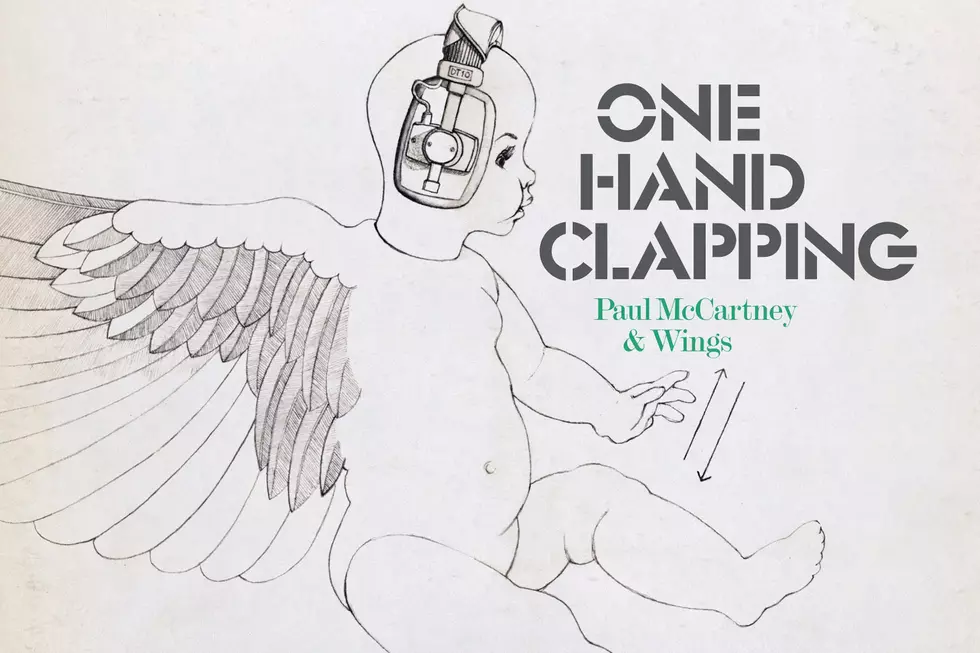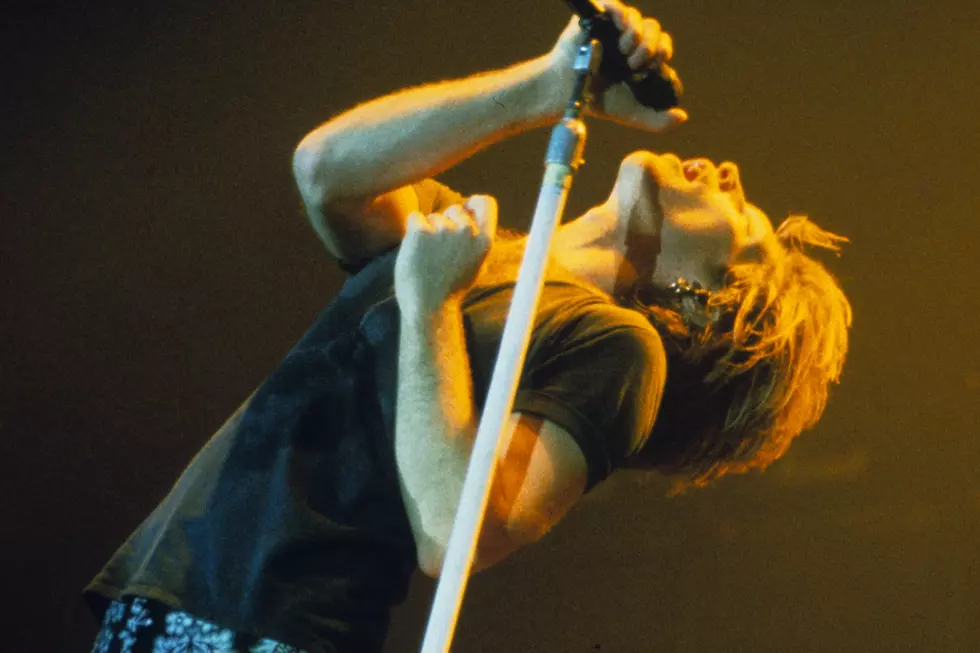
30 Years Ago: U2 Polarizes Audience With ‘Zooropa’
Between their massive world tours and philanthropic efforts, U2 has often kept its fans waiting for years for new music. That's why it seemed so unusual for them to release Zooropa on July 5, 1993, a little more than a year and a half after delivering Achtung Baby in November 1991.
Even more startling was the music. After the anthemic post-punk of their '80s work and the moody introspection of its brilliant predecessor, Zooropa seemed to serve as a counter to the grunge of the day with electronic dance grooves, understated vocals and samples.
“I think we were still surfing on the wave of creative energy from Achtung Baby and the Zoo TV tour when we were making Zooropa." the Edge said. "It was the same burst of inspiration. When we were working on Achtung Baby, we were looking to discover new sonic terrain – and on this record that was already established, so we were more confident of what we were doing."
The idea for Zooropa came about during the Zoo TV tour, which saw them embrace irony, satire and self-deprecation (concepts not usually associated with U2) while targeting the sensory bombardment of the media. To sell the concept, Bono created characters like "The Fly" and, most famously, "Macphisto." It inspired the band to the point where it wanted to explore them in their new songs, as well as onstage.
During a break from the tour, they set up shop in Dublin with co-producers Brian Eno and Flood and composed the material in an untraditional manner. As they jammed in the studio, Eno pointed to a whiteboard that had chord changes and words like "hold," "change," "stop" and "change back," with the band following his instructions, and they worked from there.
They had planned to release it as an EP to promote their European dates but soon decided to flesh it out to a full-length. But that leg started before Zooropa was completed so they flew back to Dublin until the project was finished during their days off.
Watch U2's 'Numb' Video
The first single, "Numb," arrived in June, hinting at their new direction. One of the few U2 tracks that feature the Edge – who also received a production credit – on lead vocals, "Numb" is a hypnotic drone in which the Edge recites a litany of things not to do. "I feel numb / Too much is not enough," Bono sings in a falsetto on the chorus, a vocal technique also employed in "Lemon."
Gone were the political messages of hits like "Sunday Bloody Sunday" and "Pride (In the Name of Love)." In their place were songs about obsession with celebrities ("Babyface"), advertising ("Zooropa") and addiction ("Daddy's Gonna Pay for Your Crashed Car").
Although it topped the charts worldwide, Zooropa only sold 2 million copies in the U.S., fewer than any U2 LP since 1981's October. To an audience weaned on Bono's vocal histrionics, the slash-and-burn attack of the Adam Clayton-Larry Mullen, Jr. rhythm section and the Edge's delayed riffs, the album felt like the work of an entirely different band. Achtung, Baby may have brought in ideas commonly found in industrial music, but its songs were still undeniably U2 underneath.
Listen to U2 and Johnny Cash's 'The Wanderer'
The record's excellent ballads, "Stay (Faraway, So Close!)" and "The First Time," were most connected to U2's previous work. But so did the closer, "The Wanderer." As they did the Rattle and Hum standout "When Loves Comes to Town," U2 brought out another American music legend, Johnny Cash. The decision was a head-scratcher at the time, given how the country legend had fallen out of favor with the public. But within a year, Cash would release American Recordings and begin a career renaissance and reevaluation of his catalog until he died in 2003.
Many were turned off, especially when the succeeding Pop continued along those themes with diminishing returns. It's hard to understand all the fuss now that such sounds are commonplace in indie rock. All That You Can't Leave Behind found a way for U2 to carry their '80s into the '90s; notice how the grooves of "Lemon" work their way into "Elevation."
The transition U2 made with Zooropa isn't as jarring now as it was then. In that respect, Cash's cameo on "The Wanderer" is a microcosm for the entire album.
U2 Albums Ranked
More From Ultimate Classic Rock










